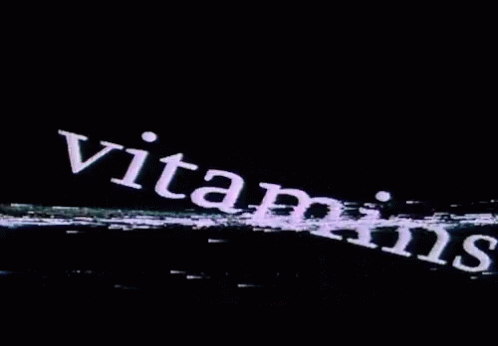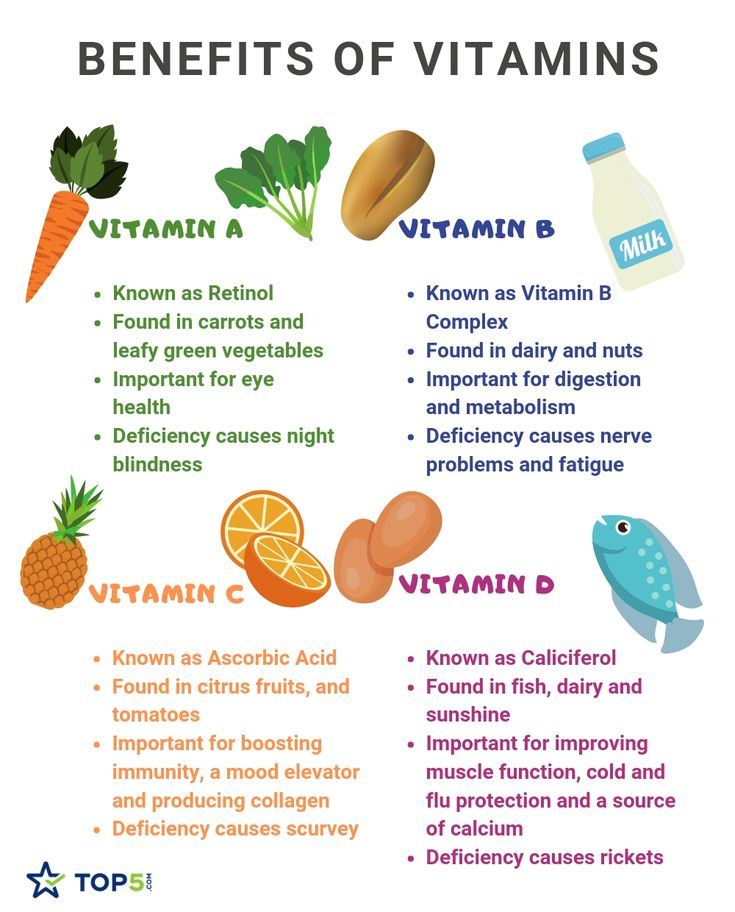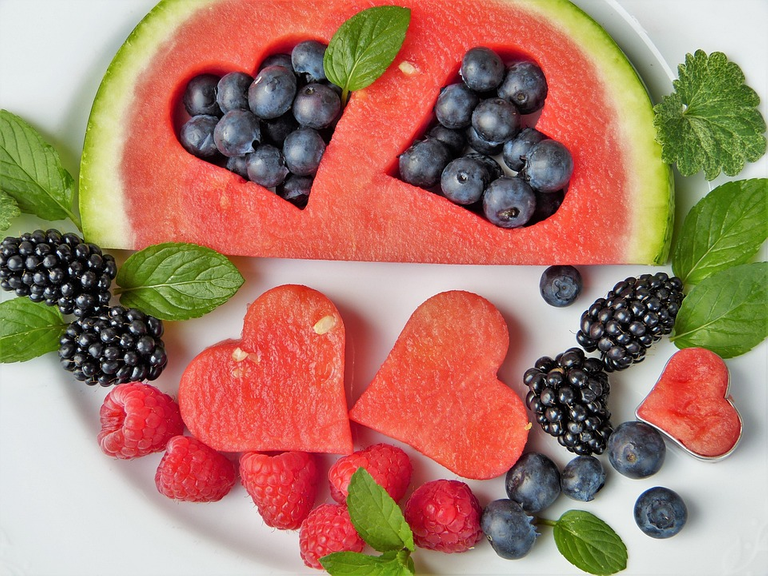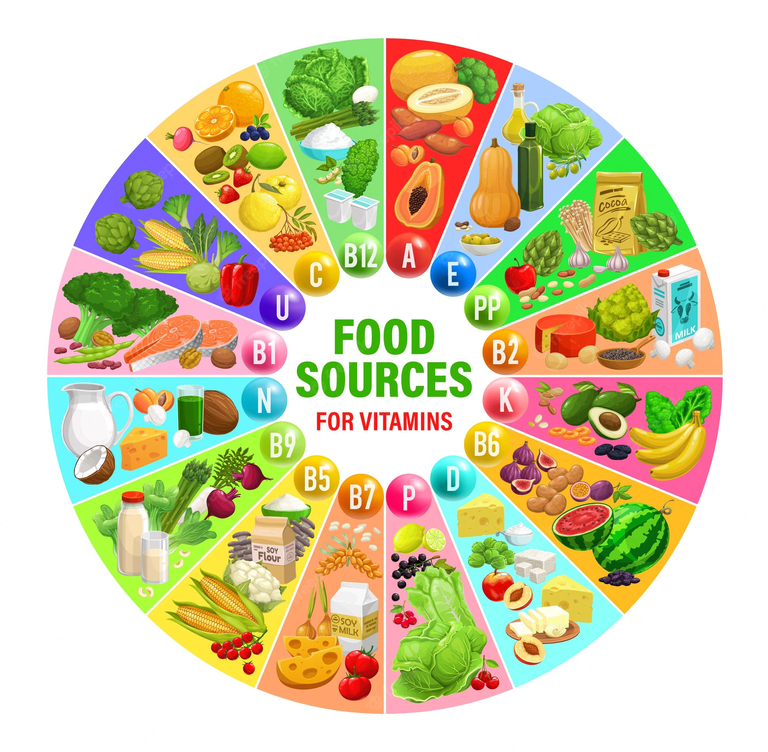Vitamins: Benefits and Main Sources
You know that vitamins are important for your health, but do you know why?
Vitamins play a crucial role in the health of your body. They help to regulate your metabolism and keep your immune system functioning properly. They also help to support the health of your bones, skin, and hair. In fact, vitamins are so important that you can't survive without them.
That's why it's so important to make sure you're getting enough vitamins every day. You can do this by eating a healthy diet and taking a multivitamin supplement. But not all vitamins are created equal. Each one has its own unique set of benefits that your body needs in order to stay healthy.
In this post, I'll take a closer look at the benefits of some of the most important vitamins for your health.
What Are Vitamins?
You might be wondering what vitamins actually are. Vitamins are said to be regarded as organic compounds that the body can't do without because of their key benefits for the body's functions. Water-soluble and fat-soluble are regarded as the key kind of vitamins found in the body.
Water-soluble vitamins dissolve in water and are excreted in the urine, so you need to replenish them often. Fat-soluble vitamins, on the other hand, dissolve in fat and are stored in the liver.
That's why it's so important to make sure you're getting your daily dose of all the different types of vitamins—your body needs them for everything from repairing tissues to producing energy.

What Do Vitamins Do for the Body?
Do you know what vitamins do for the body? Here's a little refresher:
As I highlighted from the beginning, water-soluble and fat-soluble are the key main types of vitamins. Water-soluble vitamins are absorbed by the body in water and flushed out in urine, so they need to be replenished often. Fat-soluble vitamins are stored in the liver and fatty tissues, so they can be stored for longer periods of time.
Here's a brief overview of the benefits of each type of vitamin:
Water soluble: Vitamin C helps with wound healing, boosts the immune system, and is an antioxidant. Vitamin B12 is important for red blood cell formation, energy production, and DNA synthesis.
Fat-soluble: Vitamin A is important for healthy skin, hair, nails, and eyesight. It helps with cell growth and division and keeps the immune system healthy. Vitamin D helps in strengthening the bones and teeth in the body. With the help of vitamin D, the body absorbs enough phosphorus and calcium from food.
What Are the Benefits of Vitamins?
You know that vitamins are important, but do you know why? Here are just a few of the benefits of taking vitamins:
First, vitamins help you stay healthy. You need them to fight off infection, keep your energy levels up, and maintain a strong immune system.
Second, vitamins help you look good. They keep your skin healthy and your hair shiny.
Third, vitamins help you think clearly. They keep your brain functioning well and protect against memory loss and dementia.
You must make sure that your body takes enough vitamins as required! They're essential for a healthy body and mind.
What Are the Best Sources of Vitamins?
You might be wondering what the best sources of vitamins are. The truth here is that I may not give a specific answer for that because all sources of vitamins are essential.
Some people might get all the vitamins they need from the food they eat, while others might need to take supplements to make up for any deficiencies. It really depends on your individual body and what you're trying to achieve.
That being said, here are some of the best sources of vitamins:
- We have to first mention fruits and vegetables because there are packed with vitamins, minerals, and antioxidants, which are all important for keeping your body healthy.
-Organic meat and poultry: If you're a meat lover, you'll be happy to know that organic meat is a good source of vitamins B6 and B12.
-Fortified foods: Many processed foods are fortified with vitamins and minerals, so be sure to check the labels before you buy.
-Fish oils: Fish oils are a great source of omega-3 fatty acids, which are important for maintaining heart health and preventing chronic diseases.
Sources:




Thanks for your contribution to the STEMsocial community. Feel free to join us on discord to get to know the rest of us!
Please consider delegating to the @stemsocial account (85% of the curation rewards are returned).
You may also include @stemsocial as a beneficiary of the rewards of this post to get a stronger support.
I think unless you use an app like cronometer to track all your vitamin intake, very few people will take as much as they need, and will most likely be deficient. That's probably why some doctors recommend a multivitamin.
I love the idea of the use of Cronometer since it can count not only on calories but mainly on nutrition.
Yes, and it's (mostly) free!